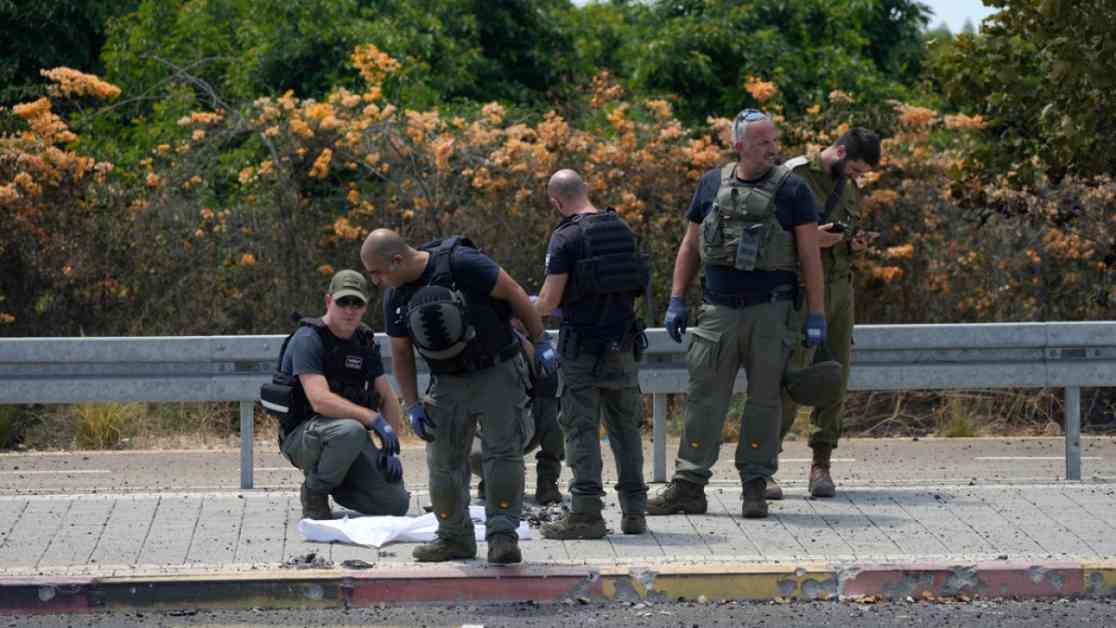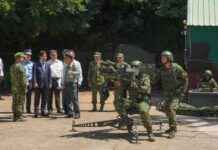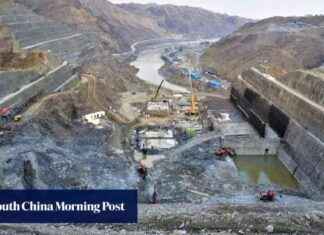Israeli fighter jets flew low over Beirut, causing sonic booms that shook windows across the Lebanese capital. This display of military power came in response to drone attacks on northern Israel by Hezbollah, an armed group based in Lebanon.
Hezbollah’s leader, Hassan Nasrallah, issued a warning of retaliation against Israel for what he described as escalatory actions, including alleged assassinations carried out by the Israeli military. Nasrallah vowed that Hezbollah’s response would be strong and effective, either independently or in coordination with other members of the Iran-backed “axis of resistance.”
The recent tensions between Israel and Hezbollah have reached a critical point, with the two sides engaging in a series of tit-for-tat exchanges since October. These incidents have led to the displacement of thousands of people along the Israel-Lebanon border.
The suspected Israeli assassination of Hezbollah commander Fuad Shukr in Beirut, followed by a similar attack that killed Hamas political leader Ismail Haniyeh in Tehran, have raised concerns among experts about the potential for a full-scale war to erupt in the region.
In response to the Israeli actions, Hezbollah claimed responsibility for sending drones to target Israeli military positions in northern Israel. The Israeli authorities reported that a missile interceptor misfired, causing injuries to 12 people south of the city of Nahariya. Additionally, seven individuals were wounded in a separate drone attack, including six Israeli soldiers.
The incidents have highlighted vulnerabilities in Israel’s defense systems, as noted by Al Jazeera correspondent Hamdah Salhut. Despite initial attempts to intercept the drones, some were able to evade detection and cause damage on the ground.
Furthermore, Lebanon’s Ministry of Public Health confirmed casualties from Israeli raids in southern towns, with fatalities reported in Mayfadun and Adaysseh. The escalating violence between the two sides underscores the precarious situation in the region and the potential for further hostilities.
The ongoing conflict between Israel and Hezbollah poses a significant threat to stability in the Middle East, with the risk of a broader regional confrontation looming large. As both sides remain on high alert, the need for diplomatic intervention to de-escalate tensions and prevent further violence is more urgent than ever.



























